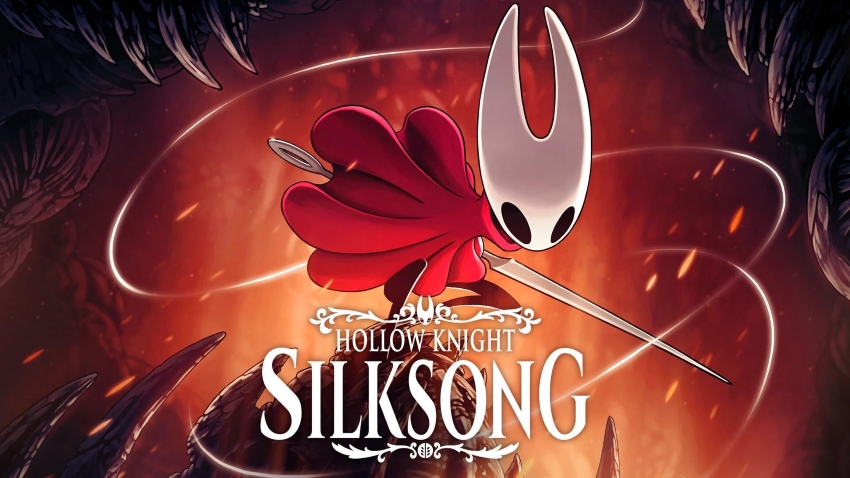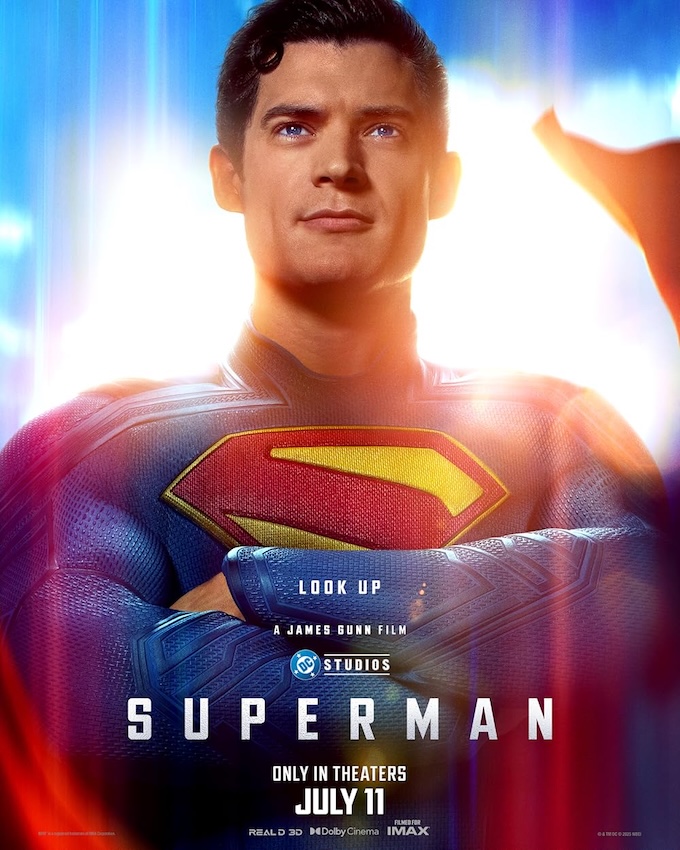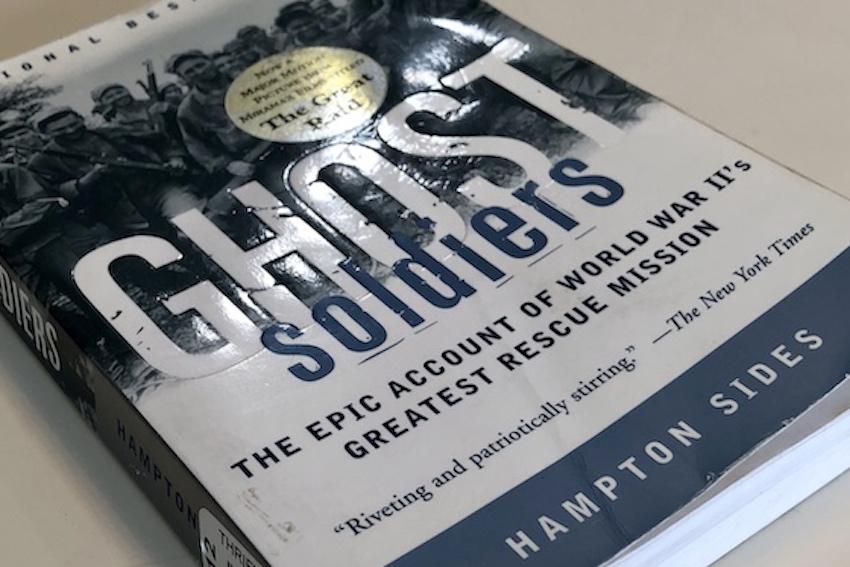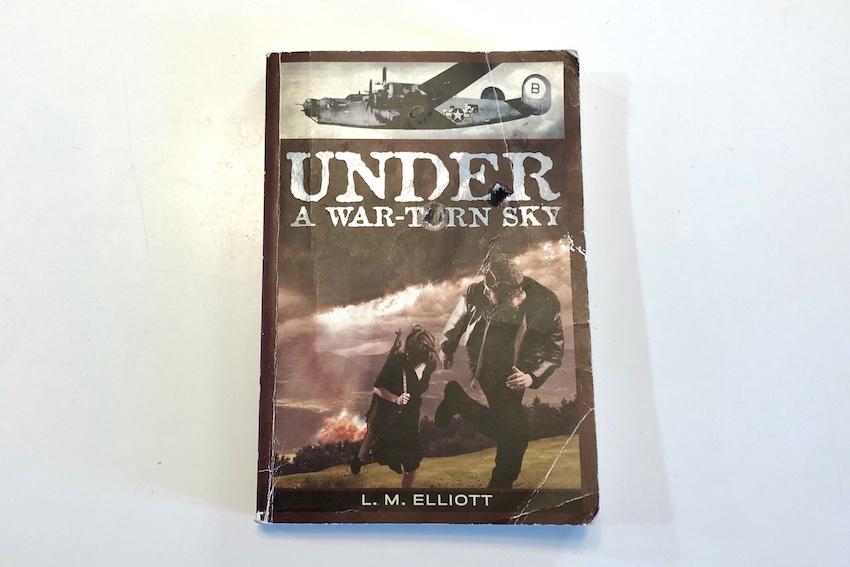Movie focuses on emotions, explores human condition
Glass, the third film in the Unbreakable and Split trilogy, hit theaters Jan. 18. Released by Universal Pictures and directed by M. Knight Shyamalan, writer and director of both critically praised films like The Sixth Sense and critically panned films like Lady in the Water and After Earth, audiences didn’t know what to expect from Shyamalan’s final chapter in his superhero saga.

Returning from Unbreakable, Bruce Willis and Samuel L. Jackson both reprise their roles from the supernatural cult thriller. Returning from Split, the unexpected 2017 sequel to Unbreakable, James Mcavoy reprises his role as Kevin Wendell Crumb, as well as his 22 other personalities, including the ferocious, Beast.
Picking up 19 years after the original, the seemingly superhuman David Dunn(Willis) pursues the dangerously powerful Beast escalating to an altercation. Caught by authorities and put into the mental institution holding the deranged terrorist mastermind, Elijah Price/Mr. Glass (Jackson). Tensions build as Price orchestrates a plan to escape, involving both Crumb and Dunn.
Picking up where audiences last saw him in Unbreakable, Willis’ soft-spoken David Dunn, once an unmotivated security guard at a football stadium, is the lone survivor in a train crash. Elijah Price, a comic book enthusiast, diagnosed with osteogenesis imperfecta, is left with bones as fragile as glass.
For most of his life he has searched for someone on the opposite side of the spectrum, a man who is unbreakable. After hearing of David Dunn’s miraculous survival, he befriends Dunn, discovering that he in fact is the one on the opposite side of the spectrum.
Price pushes Dunn to become the hero he knows he could be. Once Dunn has taken on his hero persona, Price reveals that he was responsible for the tragic train crash that led to Dunn’s implausible survival story going public.
Dunn alerts the authorities, as a result imprisoning Price in a mental hospital, where he stays for the next nineteen years. Elijah’s story in Glass picks up in the same hospital.
The following tweet promotes the film Glass.
Tales of the extraordinary are true. #GlassMovie is now playing: https://t.co/Vdlf4Hme4x pic.twitter.com/pO6jbOsazf
— Glass (@GlassMovie) January 29, 2019
Glass excels at giving an atmosphere much like both Unbreakable and Split, delivering a familiar tone and slow build much like Unbreakable while feeling claustrophobic and small scale in a way that any Split fan can appreciate.
The majority of Glass is set in a singular location, adding a sense of dread to the film. Each character has their time to shine, but the main focus for a majority of the film is Crumb, deciphering between his personalities.
Many of his personalities like the sophisticated Patricia and the nine year old Hedwig return from Split, with new personalities like the young yoga instructor Jade making an appearance in this film, adding to the uncertainty surrounding Crumb’s mental health.
Dr. Ellie Staple(Sarah Paulson), the hospital’s head psychiatrist specializing in those individuals who believe they are superheroes. Staple’s job is to convince those who believe they are gifted that they are regular people, breaking down why they appear superhuman.
At the beginning of the film, viewers are able to see that Dunn is finally doing what he was meant to do, using his abilities to protect the weak. With this knowledge, it is all the more heartbreaking to see doubt in Dunn’s mind, reverting back to his quiet, self-conscious ways.
Among the many praise-worthy moments in the movie, one of the most memorable was one in which a light used by Staple to trigger Crumb’s different personalities to come out. Each time the light flashes Mcavoy is able to morph his body to fit the character he portrays, distinguishing each personality clearly and effectively. Not many actors could maintain such a dominance on screen as Mcavoy does, connecting the audience to each personality.
One of the many negative reviews for this film on Rotten Tomatoes explained,”The concept is intriguing but the emotional payoff is negligible, the surprise ending is feeble and the whole enterprise resembles a recycling bin,”.
Shyamalan, once called,”the next Spielberg“, wrote and directed movies ingrained in to pop culture like The Sixth Sense, released back in 1999, nominated for six academy awards including best screenplay and best picture. After reaching major success, Shyamalan released a series of critical and box-office bombs, losing money and credibility in the process.
After self-funding the 2015 horror film The Visit, Shyamalan made enough money back to fund his next project: Split. Split, the psychological thriller won audiences over with Shyamalan’s grand twist: Split is in the same film universe as Dunn and Mr. Glass. Split being Shyamalan’s first ever sequel, audiences didn’t know what to expect from his conclusion to the trilogy.

In an era of large scale CGI fights and epic superhero team-ups, mainstream audiences as well as critics weren’t sure what to make of Glass, a small budget, slow building story about real people with extraordinary abilities.
The film builds to a small scale fight, while hinting at a large scale fight, confusing and disappointing audience members with a seemingly anti-climactic conclusion. Rotten Tomatoes gave the movie a less than satisfying score of 36%.
I personally appreciate the unique take on a superhero fight. If it had ended with a explosive fight it would’ve felt inconsistent, not fitting the emotional conclusion it deserved. Deciding to give audiences a fresh take on the genre left me to process one of the best experiences I’ve ever had in a movie theater. Willis gives one of the best performances he’s given in quite some time, Jackson gives another satisfying performance, but if nothing else, go see Glass to marvel at arguably Mcavoy’s best performance.
Glass brought the point of Unbreakable home, telling the story of doing what an individual was created to do, looking inside one’s self to see what they are truly capable of, while dodging the superhero satire that audiences are used to.
Glass was tense, smart, engaging and an experience unlike many other films, fantastic performances across the board, gorgeous cinematography, with wonderful direction. I would highly recommend this movie after watching the first two films in the series.
Ethan Hamm can be reached via email and via Twitter.
For more movie reviews, read Green Book portrays excellent view of loyalty and friendship. For more articles, read COLUMN: The case for nationwide student free press.








Cohl Obwald • Feb 1, 2019 at 9:31 am
Amazing detail in describing the movie! Loved reading it.